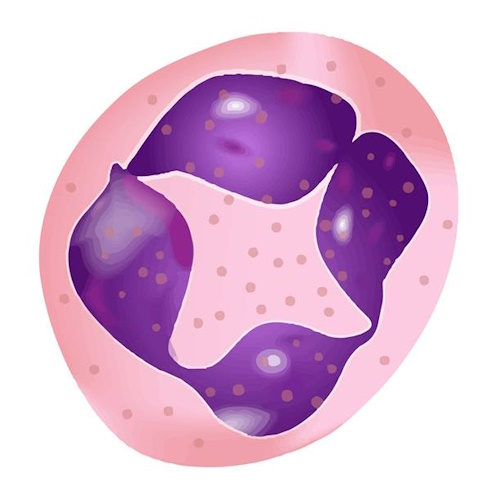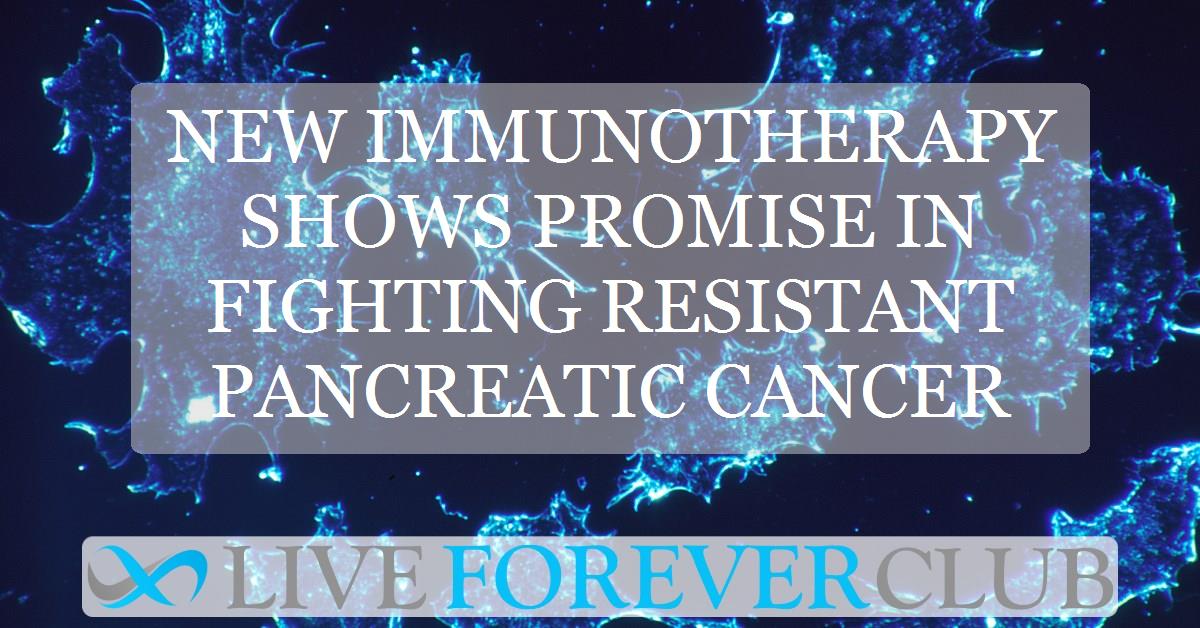Key points from article :
LIfT BioSciences has released promising preclinical data showing that its novel alpha neutrophil therapy, known as IMAN, effectively kills pancreatic cancer cells, particularly those resistant to conventional treatments. Using a patient-derived "tumoroid" model of pancreatic ductal adenocarcinoma (PDAC)—a highly aggressive and treatment-resistant cancer—researchers found that IMAN succeeded where chemotherapy drugs like paclitaxel and gemcitabine had failed. IMAN therapy not only killed cancer cells directly but also adapted to changes in tumour cells, overcoming one of the main challenges of standard therapies, which often become ineffective as cancer cells evolve to evade treatment.
IMAN’s unique approach lies in its multi-faceted immune response. Unlike T-cells, which recognize only specific antigens, IMANs target cancer cells through multiple threat-detection mechanisms, allowing them to adapt and continue targeting tumours as they mutate. Moreover, IMANs recruit other parts of the immune system to assist in attacking cancer, including working alongside immune checkpoint inhibitors to combat tumours more effectively. This versatility suggests that IMAN could serve as a potential alternative or second-line treatment for patients unresponsive to current therapies.
LIfT BioSciences’ CEO, Alex Blyth, emphasized the significance of these findings as the company prepares for clinical trials expected next year. With prior success across various solid tumour models, this recent data reinforces the potential of IMAN therapy as an innovative option for patients with limited treatment options. IMAN therapy represents an exciting new direction in immunotherapy by targeting both tumour cells and the tumour environment, encouraging an immune response that could provide lasting cancer resistance.







